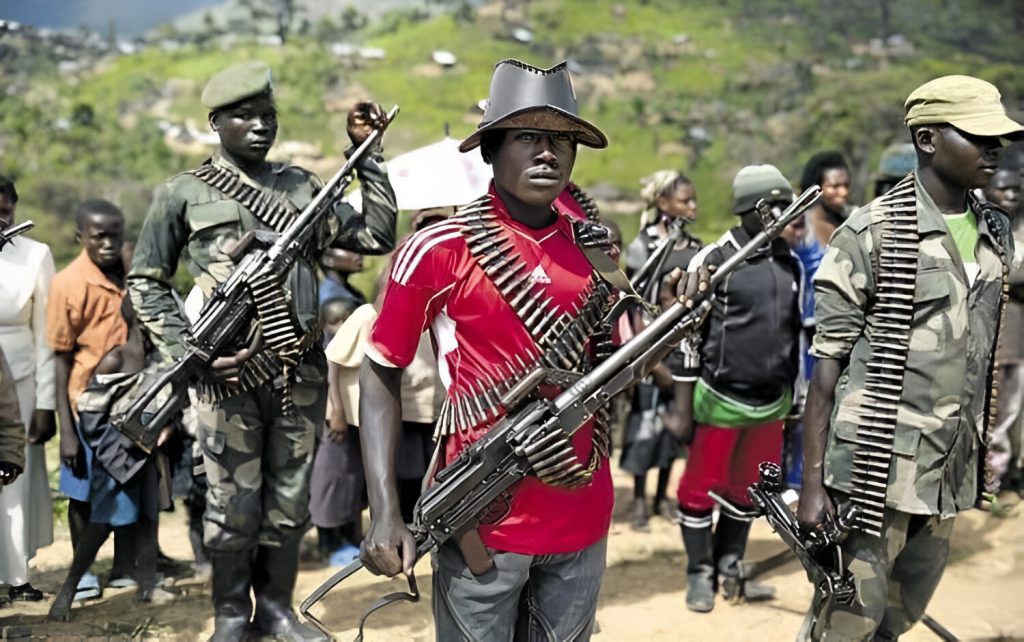Ugandan President Yoweri Museveni announced on Wednesday that approximately 200 members of the ADF rebels, associated with the Islamic State group, were eliminated in Ugandan-led airstrikes in the Democratic Republic of Congo in September.
Initially, the ADF (Allied Democratic Forces) comprised mainly of Muslim Ugandan rebels, has been active in eastern DRC since the mid-1990s, causing the death of thousands of civilians. In 2019, they pledged allegiance to ISIS, which now portrays them as its “Central African province.”
President Yoweri Museveni conveyed on X (ex-Twitter), “We carried out air attacks against terrorists in Congo,” adding that “about 200 of them were killed” in the strikes conducted on September 16.
Since those attacks in September, additional strikes have been executed, according to Mr. Museveni, who refrained from providing further details. Responding to the press, the spokesperson for the Ugandan army, Felix Kulayigye, clarified that the president was referring to the ADF rebels.
The ADF rebels are accused of massacring thousands of civilians in the DRC in recent years and conducting jihadist attacks on Ugandan soil.

Uganda and the DRC initiated a joint offensive in 2021 to expel the ADF from their Congolese strongholds, but the group’s attacks persist.
In early March, the United States declared a reward of up to $5 million for any information leading to the capture of their leader, Musa Baluku, a Ugandan in his forties.
In October, an attack claimed by the Islamic State group resulted in the deaths of two tourists, a British man, and a South African woman, along with their guide in Queen Elizabeth Park (west). The leader of the ADF rebel group responsible for the murders was apprehended in early November by Kampala.
In June, an attack attributed to the ADF claimed the lives of 42 people, including 37 students, at a high school in western Uganda.


